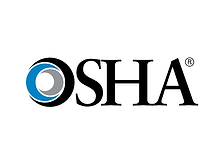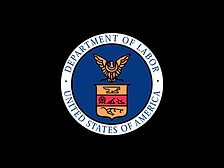Home » Keywords: » overtime
Items Tagged with 'overtime'
ARTICLES
Incident is second roofing-related child labor law violation in two weeks
Read More
The Pandemic - Unforeseen Events and Unforced Errors
Companies are already under scrutiny thanks to government requirement for COVID-19 safety. Don’t let other, easy-to-make errors compound them.
Read More
Get our new eMagazine delivered to your inbox every month.
Stay in the know on the latest roofing industry trends.
SUBSCRIBE TODAY!Copyright ©2024. All Rights Reserved BNP Media.
Design, CMS, Hosting & Web Development :: ePublishing




.jpg?height=168&t=1638216094&width=275)
.jpg?height=168&t=1635949355&width=275)


